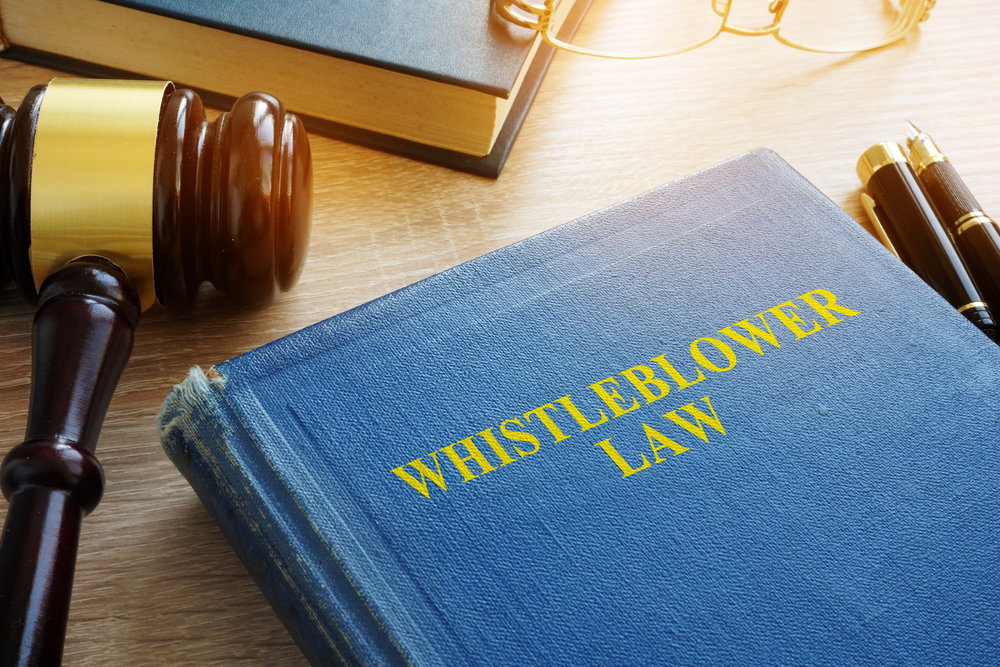Whistleblowing to be regulated by law
Breaches of the law and irregularities in the workplace should not be swept under the carpet, but reported to superiors and authorities. The Federal Council therefore wants clear legal rules on when whistleblowing is legal and when it is not.

Today, it is the courts that make this assessment in specific individual cases. The legal regulation brings more clarity and legal certainty, both for companies and employees, as the Federal Council writes. At its meeting on September 21, 2018, it adopted a corresponding supplementary message on the partial revision of the Code of Obligations (CO).
As a rule, first inform employer
With the Additional message the Federal Council is responding to a request by Parliament, which in 2015 sent an initial draft back to the Federal Council and demanded a more comprehensible and simpler version. The revisions mainly concern the regulation of the procedure for a lawful notification.
According to the Federal Council, this does not change the thrust of the revision. Accordingly, a report is generally only permissible if it is first made to the employer. Under certain conditions, however, the employee may also forward the report to the competent authority or the public without violating the duty of loyalty. The draft revision regulates these conditions in detail. It eliminates uncertainties regarding the reporting procedure and now also regulates when anonymous reporting is permissible, as the Federal Council writes in its communication of September 21, 2018.
Target still missed
Compared to the current regulation, the Federal Council's proposal improves legal certainty, which is gratifying according to Transparency International Switzerland. Whistleblowers would be better able to assess the risks they run in the event of a report. Compared to the version that Parliament had sent back to the Federal Council for revision, it also strengthens the protection of whistleblowers in certain areas. It is particularly important and gratifying that the proposal now places emphasis on the fact that whistleblowers can remain anonymous. In two central points, however, the protection remains insufficient and even leads to a deterioration of protection in certain constellations, according to the NGO:
- The protection against dismissal is not touched by the Federal Council and thus remains insufficient. As long as a regulation is not directly accompanied by an improvement in protection against dismissal, it will largely remain a dead letter in practice. Compensation for abusive dismissals due to whistleblowing should therefore be at least doubled, to a maximum of 12 instead of the current six months' wages.
- Furthermore, the requirements for reporting to the competent authorities and to the public are too restrictive. As a result, reporting is made impossible in important constellations.
Martin Hilti, Managing Director of Transparency International Switzerland, explains: "In most cases, whistleblowers are the only way to uncover corruption and other irregularities in the workplace. They therefore have an important function that is not only in the public interest, but also in the interest of the company concerned, since reporting irregularities is a prerequisite for their being remedied. It is therefore urgently necessary to finally provide whistleblowers with adequate legal protection."









